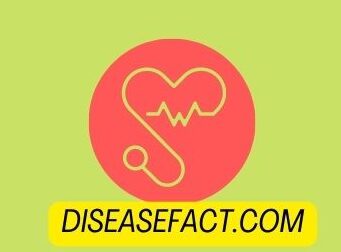Gastric cancer, also known as stomach cancer, is a type of cancer that occurs in the cells lining the stomach. It is the fifth most common cancer worldwide, and it often has no symptoms in its early stages, which can make it difficult to detect.

TYPES OF GASTRIC CANCER
- Adenocarcinoma: This is the most common type of gastric cancer, and it develops in the cells that make up the lining of the stomach.
- Lymphoma: This is a type of cancer that develops in the lymphatic system of the stomach.
- Gastrointestinal stromal tumor (GIST): This is a rare type of gastric cancer that develops in the cells of the stomach wall.
CAUSE OF GASTRIC CANCER
- Age: Gastric cancer is more common in older adults.
- Gender: Men are more likely to develop gastric cancer than women.
- Helicobacter pylori infection: This bacterium is a common cause of stomach ulcers and has been linked to an increased risk of gastric cancer.
- Diet: A diet high in smoked, salted, or pickled foods and low in fruits and vegetables has been linked to an increased risk of gastric cancer.
- Family history: Having a close family member with gastric cancer can increase the risk of developing the disease.
GASTRIC CANCER SYMPTOMS
The symptoms of gastric cancer can vary, and in some cases, there may be no symptoms in the early stages of the disease. However, as the cancer progresses, the following symptoms may occur:
- Indigestion or heartburn: Persistent indigestion or heartburn may be a symptom of gastric cancer.
- Abdominal pain: Pain in the stomach area may occur, particularly after eating.
- Nausea and vomiting: Nausea and vomiting may occur, particularly after eating.
- Loss of appetite: A loss of appetite and weight loss may occur, even without trying to lose weight.
- Feeling full after eating small amounts: Feeling full after eating small amounts of food may be a symptom of gastric cancer.
- Difficulty swallowing: Difficulty swallowing or pain while swallowing may occur.
- Blood in stool or vomit: Blood in the stool or vomit may be a symptom of advanced gastric cancer.

Helpful